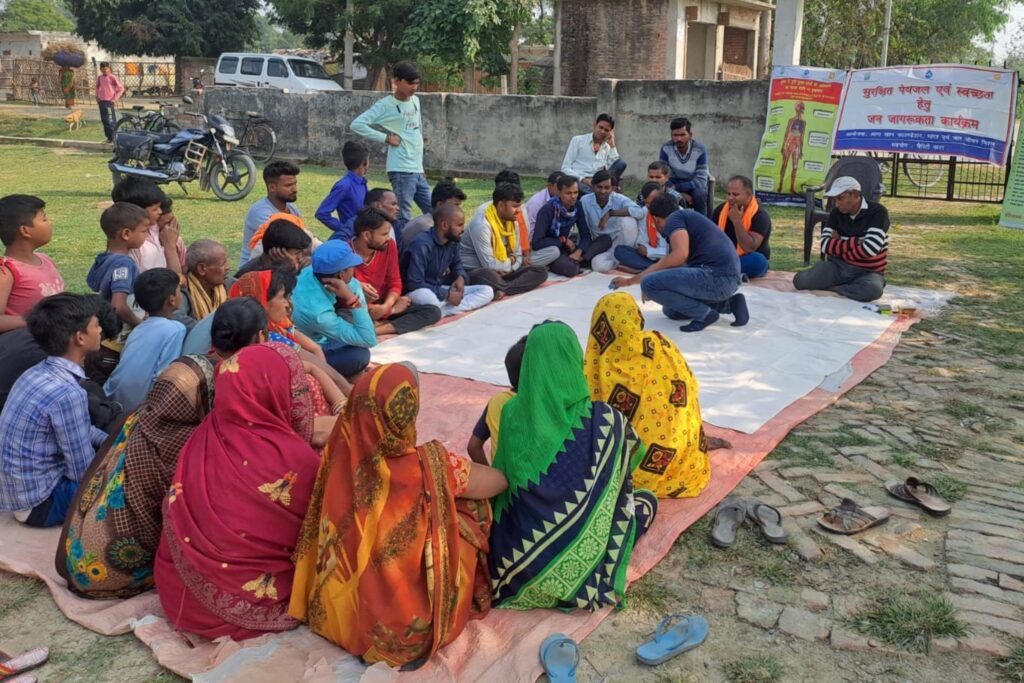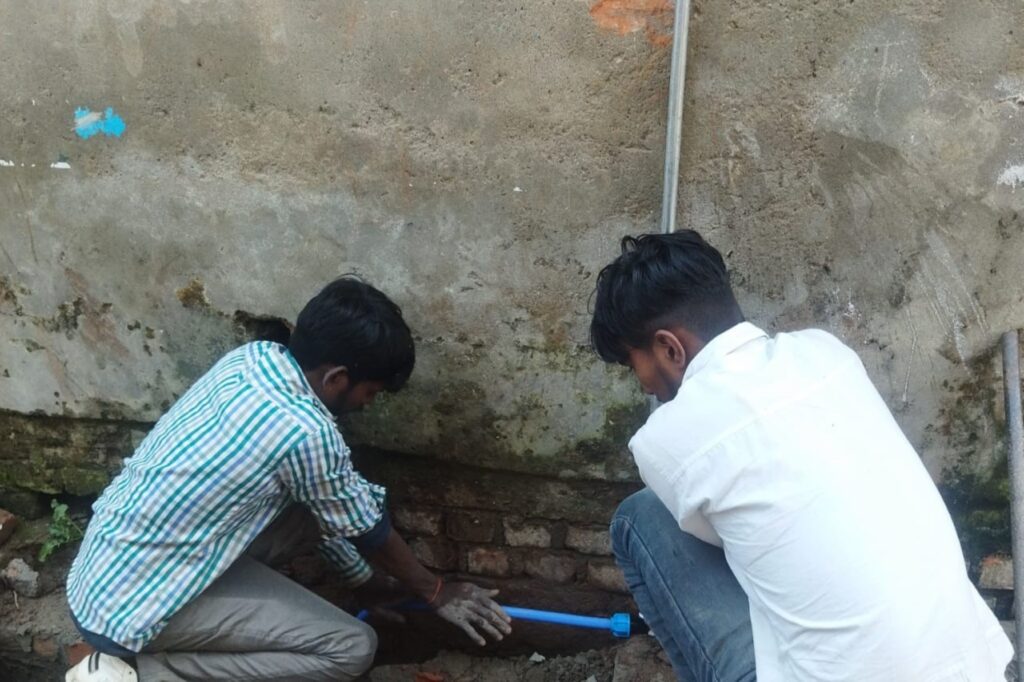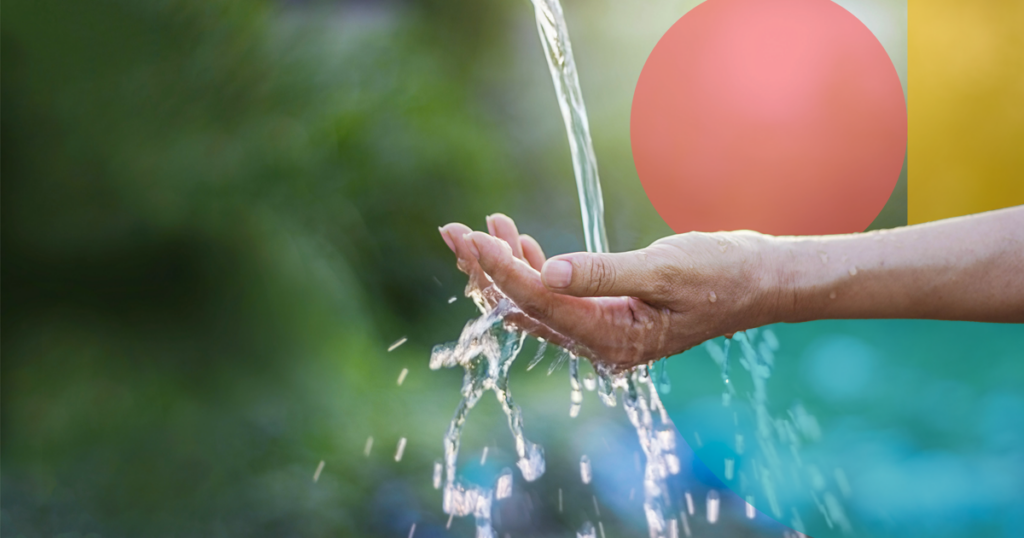In the first half of 2023, Trundl funded 46 piped tap stands in India with charity: water, who works with local implementing partners to bring clean water to people around the world. For the past year, our donation has been hard at work thanks to one of their local implementation partners, the Aga Khan Foundation (AKF). We can’t wait to share some exciting progress with you.
Come along with us on this journey to Uttar Pradesh (UP), a vibrant and diverse state in northern India. Known for its rich history, cultural heritage, and significant contributions to Indian politics and society, UP is truly special. Our project focuses on the Barabanki, Shravasti, and Sitapur districts of Uttar Pradesh.
In this tropical region, monsoons are common, making groundwater plentiful. Unfortunately, this water often contains bacteria and suffers from geogenic contamination—natural geological processes that introduce harmful substances. Managing these contaminants is crucial for keeping people healthy and ensuring a safe water supply. charity: water’s local partner, AKF, are experts in their field and have meticulously designed rainwater harvesting and solar-powered piped systems to tackle these challenges head-on.
Water for Wellness
When it comes to choosing where to build water projects, local partners prioritize low-income or marginalized households, early childhood development centers, primary and secondary schools, and healthcare facilities. To shift hygiene norms, this program uses a community-led Total Sanitation approach. This strategy involves the entire community in identifying sanitation problems and coming up with solutions, aiming to end open defecation practices.
The program’s local partner also employs a Behavioral Change and Interpersonal Communication approach to engage with locals. This involves providing training on healthy hygiene and sanitation practices, water system maintenance, and conflict resolution. Understanding the importance of localization, each approach is customized to the local culture and includes community leaders and knowledge. Women and other socially excluded groups are actively encouraged to participate.

Now that our project has reached its 12-month milestone, construction has been completed and local communities have been trained to use and maintain their water points. So far, 198 Village Water and Sanitation Committees (VWSCs) have been trained in their roles and responsibilities.
Clean Water, Brighter Futures
Barabanki, Shravasti, and Sitapur thrive primarily on agriculture, growing crops like sugarcane, wheat, and rice. The availability of clean, reliable water significantly boosts agricultural productivity, leading to increased crop yields and better income for farmers. This, in turn, enhances the economic stability of the region, allowing families to invest in education, healthcare, and other essential services.
Additionally, the introduction of safe water systems reduces the incidence of waterborne diseases, decreasing medical expenses and improving overall community health. Healthy communities are more productive and better able to contribute to the local economy.

Beyond agriculture, these areas are known for producing beautiful traditional handicrafts and supporting small-scale industries. Access to clean water supports these industries by providing the necessary resources for production and reducing downtime caused by health-related issues.
Thank you for being part of this incredible journey with us. Together, we’re making a real difference in these communities—improving health, boosting the economy, and creating a brighter future for everyone involved!
Watch your inbox for more updates from India.
In the meantime, check out our most recent progress report from Malawi.
Get involved with charity: water

